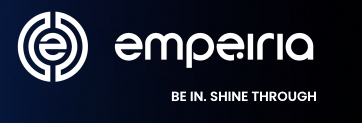SSI, which stands for Self-Sovereign Identity, is a technology that allows individuals to own and control their digital identities, without relying on a centralized authority or intermediary. This technology is considered to be democratizing the Web3 space for several reasons:
1. Empowering individuals
With SSI, individuals can own and control their digital identities, which means they have greater control over their personal data and how it is used. This empowers individuals to participate in the Web3 ecosystem without having to rely on centralized authorities.
2. Decentralizing identity
SSI is built on decentralized, peer-to-peer networks, which means there is no single point of failure or control. This is in contrast to traditional identity systems that are often controlled by large corporations or governments. Decentralization is a core principle of Web3, and SSI helps to bring this principle to identity.
3. Enabling trust
SSI uses cryptographic protocols to verify identities and transactions, which enables trust without relying on third-party intermediaries. This is important in a Web3 context, where trust is crucial for enabling peer-to-peer transactions without the need for centralized authorities.
4.Facilitating interoperability
SSI is designed to be interoperable across different systems, which means that individuals can use their digital identities across different Web3 applications and services. This helps to create a more seamless and integrated Web3 ecosystem.
Overall, SSI is democratizing Web3 by empowering individuals, decentralizing identity, enabling trust, and facilitating interoperability. By doing so, SSI is helping to create a more open, transparent, and equitable Web3 ecosystem.









